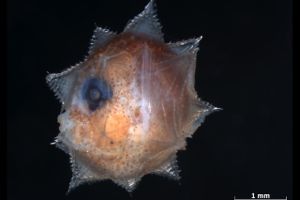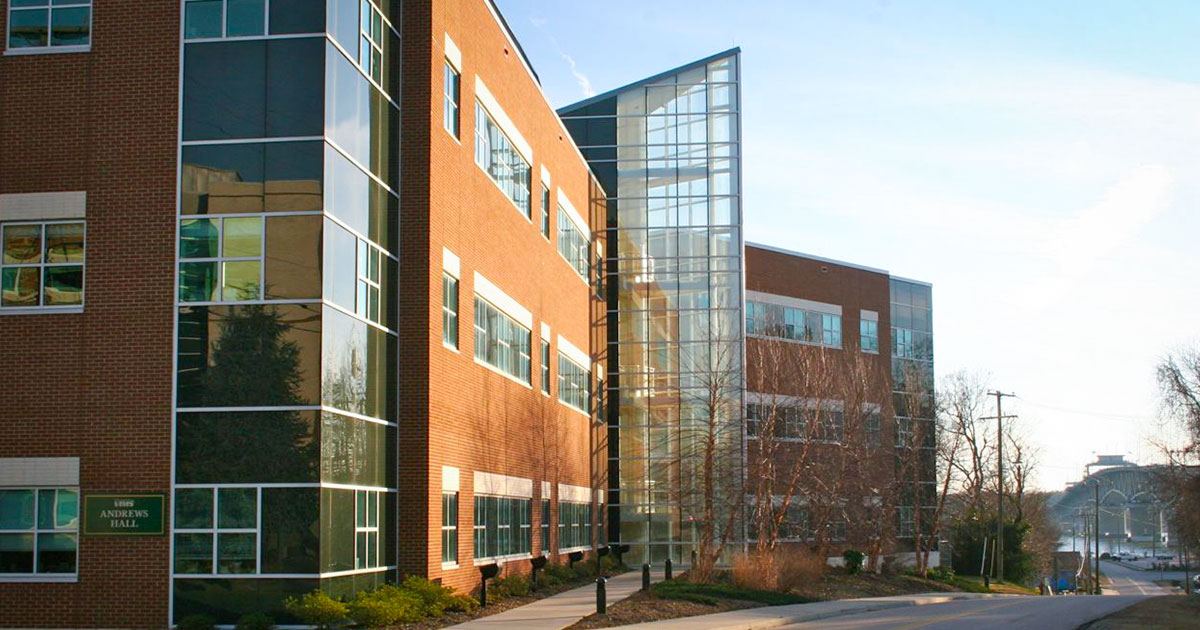Larval Fish Course
Early Life of Marine Fishes
A Graduate Course in Larval Fish Identification and Ecology
 This lecture and laboratory course offers a comprehensive view of the biology and taxonomy of early life stages of fishes. These stages, including pelagic eggs, larvae and newly-transformed juveniles, are abundant and diverse components of aquatic ecosystems. Their small size, dynamic growth and mortality rates, and dependence on ambient environmental factors, including ocean physics, make these stages vulnerable to variability in climate and to stresses of anthropogenic origin. Level of reproductive success in teleosts, termed recruitment, is highly variable and largely dependent on variability in survival of these early life stages. Knowledge of their morphological development contributes to studies of phylogenetic relationships. Ontogenetic data serve to clarify the complex systematics of teleost fishes, the most diverse and largest class of vertebrates. Early life stages often have specialized adaptations to ensure survival in stressful habitats. In the laboratory, larvae of 190 families of teleostean fishes are examined and characters useful in identification are presented. Laboratory exercises on otolith preparation, otolith-aging, and on feeding by fish larvae will be included.
This lecture and laboratory course offers a comprehensive view of the biology and taxonomy of early life stages of fishes. These stages, including pelagic eggs, larvae and newly-transformed juveniles, are abundant and diverse components of aquatic ecosystems. Their small size, dynamic growth and mortality rates, and dependence on ambient environmental factors, including ocean physics, make these stages vulnerable to variability in climate and to stresses of anthropogenic origin. Level of reproductive success in teleosts, termed recruitment, is highly variable and largely dependent on variability in survival of these early life stages. Knowledge of their morphological development contributes to studies of phylogenetic relationships. Ontogenetic data serve to clarify the complex systematics of teleost fishes, the most diverse and largest class of vertebrates. Early life stages often have specialized adaptations to ensure survival in stressful habitats. In the laboratory, larvae of 190 families of teleostean fishes are examined and characters useful in identification are presented. Laboratory exercises on otolith preparation, otolith-aging, and on feeding by fish larvae will be included.
This is a graduate-level course for students with an interest in fish ecology, fisheries science, ichthyology and biological oceanography. It is presumed that students will have some experience and background in those disciplines. Prerequisites include an undergraduate degree in a biological discipline; permission of the instructors is required to be admitted to the course.
IMPORTANT NOTICE ABOUT VISAS: This short course does not qualify international students to obtain the I-20 visa. International students wishing to attend this course should seek travel visas to enter the US. No more than 12 students are accepted. The lectures and laboratories are held at the Virginia Institute of Marine Science, College of William & Mary.
For further information, contact [[v|nschnell, Dr. Schnell]] or Dr. Houde

